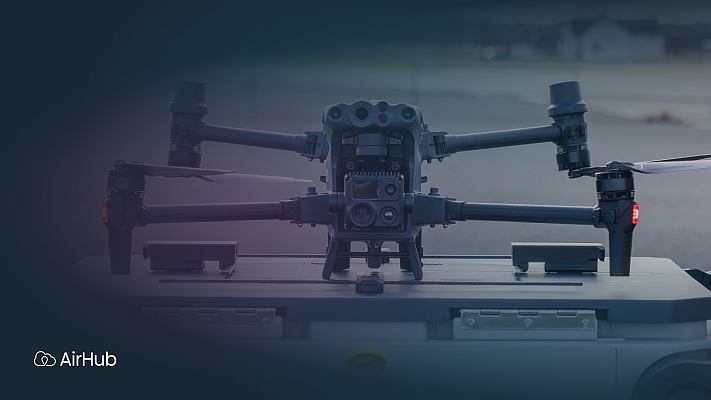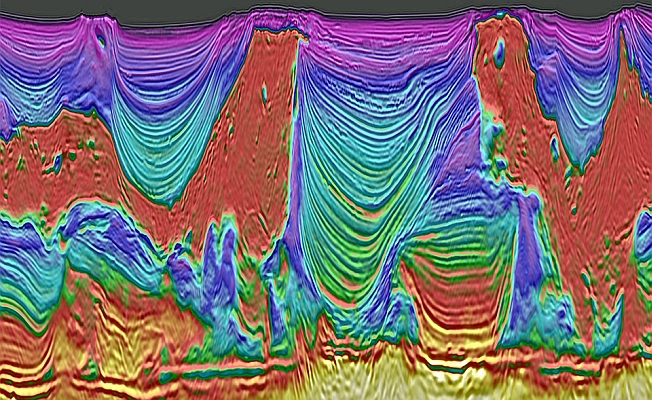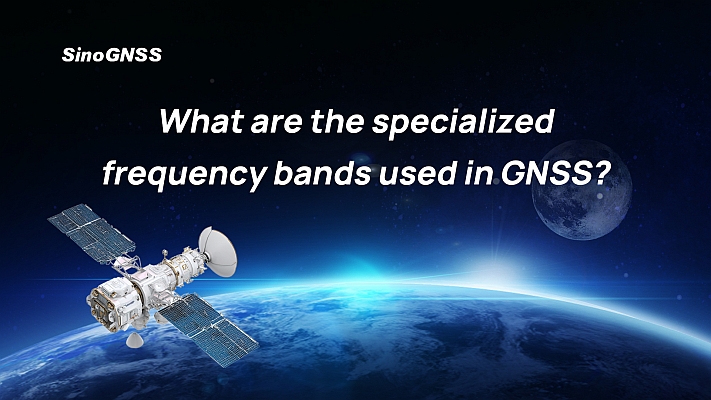 The Open Geospatial Consortium (OGC®) invites organizations with specific spatial data integration requirements to explore a low cost, highly effective, high return on investment testbed approach to meeting those requirements. OGC testbeds are rapid prototyping activities that solve spatial interoperability issues.
The Open Geospatial Consortium (OGC®) invites organizations with specific spatial data integration requirements to explore a low cost, highly effective, high return on investment testbed approach to meeting those requirements. OGC testbeds are rapid prototyping activities that solve spatial interoperability issues.
Since 1999, 11 major testbeds (and many pilot projects, interoperability experiments, plugfests etc.) have been organized by the OGC to benefit major organizations seeking to solve spatial data integration problems that no single vendor or integrator could solve for them.
In the planning phase of each testbed, sponsor teams consisting of from 2 to 12 organizations pool requirements, document requirements in use cases, and weave the use cases together in a realistic “grand challenge” scenario. In the implementation phase, multi-vendor teams of expert system architects and developers “rapid prototype” and then document data encodings, service interfaces and best practices that meet the specified interoperability requirements. In a testbed’s final demo event, the participants show what they have accomplished.
The encodings and interfaces often become candidate OGC standards that are vetted, voted on and then adopted by the OGC membership as open international standards. The work frequently involves coordination with other standards organizations.
In addition to tapping the best and brightest world leading domain and geospatial technology experts and sharing the costs of integration, sponsors contribute to international standards that help them protect and build the value of their (geospatial?) technology investments. Testbed 12 sponsors will help shape standards that expand the geospatial technology market, improve choice, and ensure market availability of interoperable system components and solutions over time. Sponsors’ investments are further leveraged by technology providers who do some of their testbed work as an in-kind contribution. In exchange, providers gain expertise, ideas, contacts, visibility and early marketplace insight and advantage.
Organizations frequently join OGC in response to innovations in areas such as integrated indoor/outdoor location services, small cell and near-field communications, web service based building information models (BIM), augmented reality, new database technologies for large-scale data, Internet of Things, smart grid, LiDAR and drones. These technologies and trends provide new capabilities, but they also create new requirements for converging technologies and for sharing, communicating and integrating spatial data. Ongoing OGC standards work, which takes place largely in OGC testbeds, provides the world’s technology users with their principal means of integrating these technologies and avoiding lock-in to
proprietary vendor ecosystems. The OGC’s Testbed 11 web page provides information about the process and results of the recently concluded
OGC Testbed 11.
The OGC invites organizations to become co-sponsors of the upcoming OGC Testbed 12. Organizations that join early maximize OGC staff’s ability to match those organizations’ requirements with other organizations’ requirements, thus reducing each sponsor’s share of the cost. Participants – IT providers, universities, and research organizations – will provide a mix of compensated and in-kind resources to prototype and demonstrate candidate standards, best practices, compliance tests, reference implementations, and proposed enhancements or revisions to existing standards and practices. Testbed 12 kickoff will be in September. Now is the time to get involved in the planning. To learn more, contact Terry Idol, Executive Director, OGC Interoperability Program – tidol@opengeospatial.org.
To learn about the recently completed OGC Testbed 11, see http://www.opengeospatial.org/projects/initiatives/testbed11.
To learn about other previous OGC interoperability initiatives, see http://www.opengeospatial.org/projects/initiatives.
The OGC® is an international geospatial standards consortium of more than 500 companies, government agencies, research organizations, and universities participating in a consensus process to develop publicly available standards. OGC standards support interoperable solutions that “geo-enable” the Web, wireless and location-based services and mainstream IT.
Visit the OGC website at http://www.opengeospatial.org/.
Source: GeoCommunity






